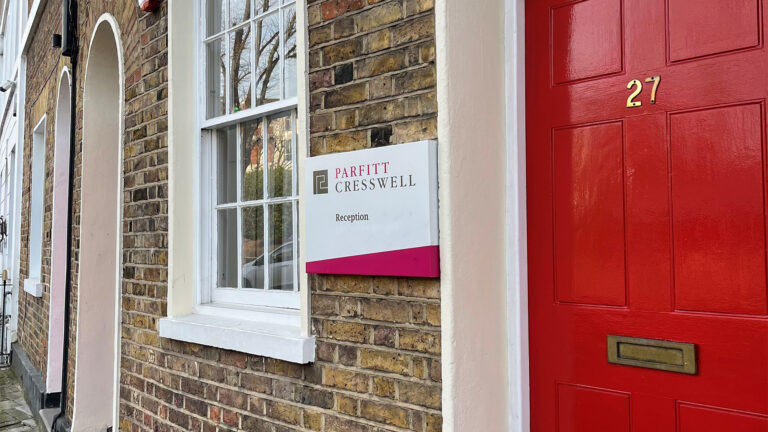Last month, the Government published its latest survey on housing in England. It showed a marginal increase in the proportion of households that are owned rather than rented – the first such rise in more than a decade.
However, the proportion still stands much lower than in the past: at 64% compared to 71% in 2003. The fall in home ownership rates among 25-34 year olds over the same period is even more dramatic – 59% in 2003 compared to 37% in 2014-15, despite the fact that nine in ten of young people aspire to buy a home. Over these years, the proportion of 25-34 year olds in the private rented sector has doubled.
Getting on the housing ladder has got harder. Younger generations face a combination of high and rising house prices alongside strict lending requirements. These factors mean that barriers to entry in property ownership are now very high. For instance, over the last three decades the average deposit for first-time buyers (in real terms) has tripled from £16,000 in 1986 to £49,000 in 2014. To compound these problems, today’s would-be first-time buyers can typically also expect very low interest rates on their savings. This means that while you’re saving for the house deposit, prices are rising and eroding your purchasing power.
With the Government committed to a million more homeowners by 2020, we may expect to hear more policies directed at boosting homeownership in the Chancellor’s upcoming budget. Previous announcements have included more affordable homes to buy, help to buy savings accounts, starter homes and efforts to boost housing supply more generally.
The SMF’s recent report Locked Out, sponsored by Property Partner, discusses another innovative, market-based solution that could help tackle these problems: namely property crowdfunding. Property crowdfunding allows would-be investors to club together, through online platforms, to buy a share of a property.
The report identifies a number of potential roles for property crowdfunding to help address the problems in the housing market. First, it could provide aspiring homeowners with an alternative investment vehicle that tracks house prices as they build up a deposit for a first home. In a rising market, this would ensure that individuals do not see the relative value of their savings eroded. Meanwhile, if their investments fall it will be because house prices have dropped and therefore the price of the home they wish to buy will also have fallen. This means that they shouldn’t find it any harder to achieve their goal of buying a home. Second, property crowdfunding could widen participation in property ownership by reducing the barriers to entry and allowing a greater number of people to share in property price growth.
But the benefits may also go beyond those to aspiring homeowners. By uniting small capital stakes, greater commercial and professional discipline is likely to be applied to the management of properties, thus helping to address the situation where almost a third of private rented properties fail to meet the Government’s quality benchmark. Property crowdfunding could also potentially help direct additional capital towards new housing supply. This could happen, for instance, if consumers were able to take an equity stake in build-to-rent developments pursued by smaller housebuilders
For these reasons, there is a strong case for government to act to help the market to develop and to ensure that individuals and society can benefit from its features. Here are three steps the Chancellor could take. First, property crowdfunding could be made eligible for the new Innovative Finance ISA (which was announced in the March 2015 Budget and is to come into force from this April). The current exclusion of property crowdfunding is based on a misrepresentation of the features of the product as a high-risk equity product. Inclusion within the familiar and trusted ISA wrapper would help encourage consumers to explore the potential of property crowdfunding.
Second, the Chancellor could allow savers to use property crowdfunding when saving in a ‘Help to Buy ISA’, so would-be first-time buyers could build a deposit in a product that tracks house prices.
Finally, the Government should consider introducing a new tax-favoured investment product to incentivise investments in new housing supply. A ‘Help to Build’ product would offer an incentive for people to invest in property crowdfunding products that provide equity capital to smaller developers when they build homes to rent. This could boost housing supply by expanding the pool of capital available to SME house builders.
























